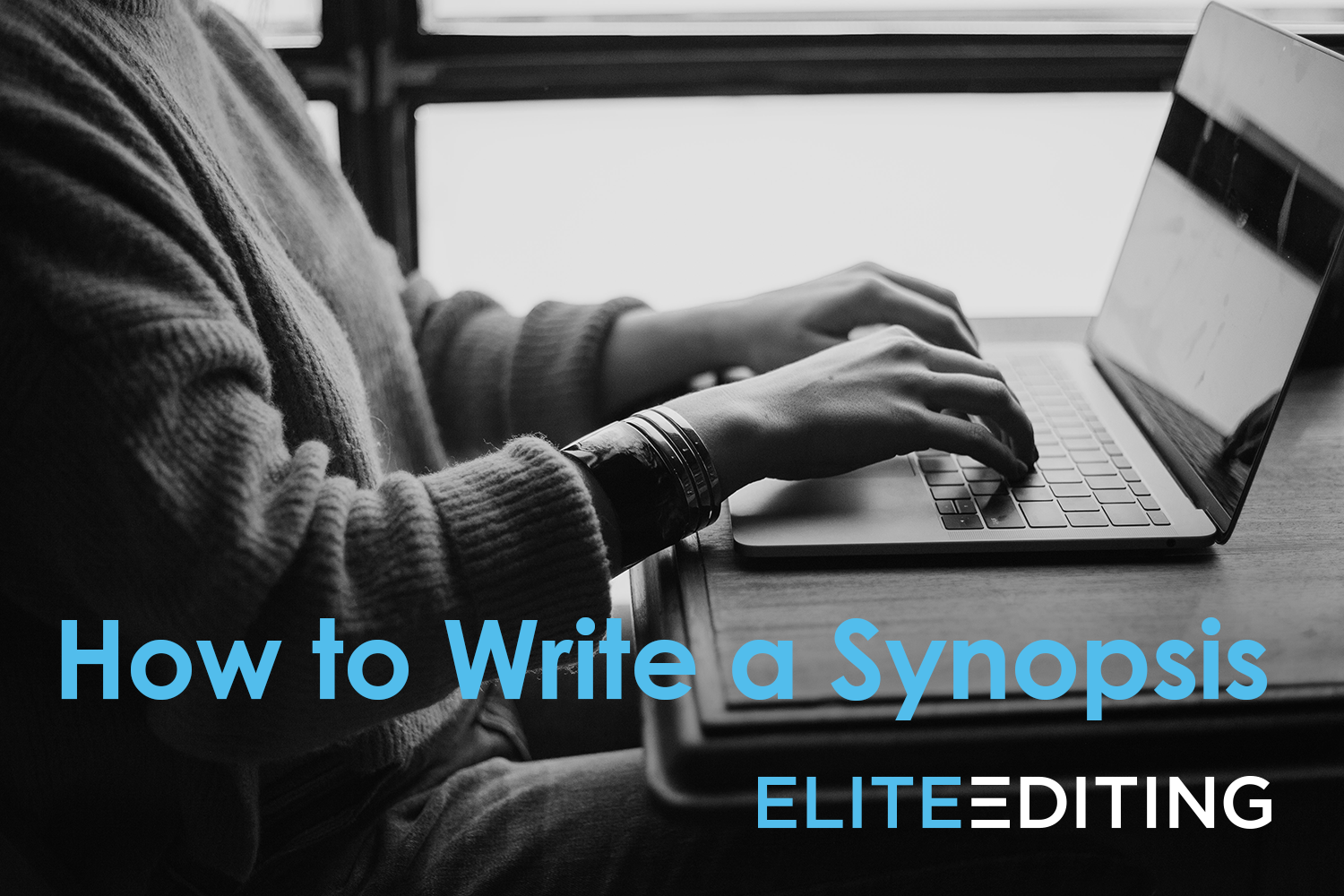If you’re a writer, you definitely need to know how to write a synopsis for a book. Why? Because when you query an agent or publisher, you’ll need to include a synopsis with your submission.
But writers aren’t the only people who need to know how to write a synopsis. From students to scientists, all kinds of people will find themselves having to write one at some point. Thankfully, the process isn’t complicated. By following a few basic steps and guidelines, you’ll know how to write a synopsis in no time.
What a Synopsis Is
Forget about how to write a synopsis. First, you need to know what a synopsis is! Put simply, a synopsis is a detailed summary of all the important aspects of a book, project, or study. There are different types of synopses, but a book synopsis briefly explains the key points from the plot as well as things like setting, characters, tone, and any important themes.
What a Synopsis Isn’t
Knowing how to write a synopsis for a book means knowing not just what a synopsis is, but what a synopsis isn’t. Below, we’ll discuss some other types of summaries that differ from synopses.
Synopsis vs. outline
It’s important to know the difference between a synopsis and an outline. An outline is like a “skeleton” for your book that you can create to help you write by then fleshing out your outline with details. A synopsis, on the other hand, is a complete summary of your book that you use to give agents and editors an in-depth, complete account of all the key details from beginning to end.
Synopsis vs. abstract
An abstract is a short and general book summary and doesn’t include every detail. The goal of an abstract is to give a brief and general summary of the book. A synopsis goes into every detail, with a deeper dive into specifics.
A good synopsis vs. abstract rule of thumb is to consider whether you need a very general summary or a specific and detailed one. If you need a detailed one, then you need to know how to write a synopsis.
Synopsis vs. pitch
When considering the question of synopsis vs. pitch, remember that a pitch is the shortest type of summary, and a synopsis is one of the longest. A pitch is designed to make your book sound appealing in just a few sentences, so it’s designed for maximum impact—sort of like a marketing tagline or log line. Pitches are quick and impactful, whereas synopses give all the important details.
Sometimes a synopsis is a dry, straight summary that is written for informational purposes rather than emotional impact. Other times, it is written to be entertaining and showcase the writer’s creative voice. This will depend on the target audience of your synopsis.
Types of Synopsis
There are several different types of synopses, depending on what you are writing about.
Project synopsis
A project synopsis is often used in science and engineering fields and summarizes a project’s goals, processes, and conclusions. It often starts with a statement summarizing the problem that the project aims to solve. It delves into methods used and other details that are important to the project, such as relevant details about the project’s participants.
Research synopsis
Of the three main types of synopses, research and project synopses are most often used by research and scientific institutions. Like a project synopsis, a research synopsis summarizes the problem or question the research is attempting to solve and then describes how the research was conducted.
Research synopses also give details on the researchers themselves, such as any relevant academic degrees they hold.
Literary synopsis
A literary synopsis is a synopsis of a work of fiction. It summarizes all the critical elements of a book so that an agent or publisher understands, to a high level of detail, what a book is about without having read it.

How to Write a Synopsis for Your Finished Manuscript in Five Easy Steps
- Make a list of your book’s key elements. These include the most critical story and plot points, conflict, characters, settings, themes, and tone. For the plot, go through each chapter, and write down one to three of the most important plot developments from each. Then flesh out each item on your list with any other important details.
- Write a good opening sentence. This should summarize your character, setting, and the immediate conflict, ensuring you make it clear what’s at stake. Then link together your detailed list from step 1 to form a first draft of your synopsis.
- Read through the synopsis. Then add any details you may have forgotten. Also, look for details you included that are not critical—and cut them.
- Read through it again. Ensure that the plot and character arcs are clearly defined.
- Give it a final edit and proofread. A one-page synopsis is often ideal, but publishers may request a synopsis of three to five pages or specify some other length.
That’s it! Now you know how to write a synopsis.
One-Page Synopsis
A one-page synopsis has to be even leaner than a three- or four-page synopsis, so it’s important that it contain only the most important details. If you find that your synopsis is too long, find ways to be more succinct, cutting out any information that isn’t absolutely critical to understanding the book. For example, did you describe characters that aren’t essential to the most important plot plots? Did you include details that do nothing to move the actual story along? Cut them out to strengthen—and shorten—your synopsis.
Once you know how to write a synopsis for a book, research project, or study, the process is the same every time. So whether you’re a budding novelist or a student working on an English-class project, use the information in this post to build a formula for writing different types of synopses.








